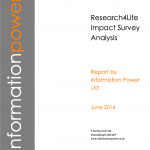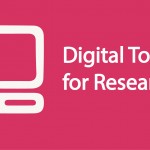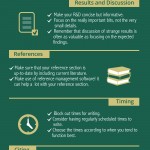Abonnez-vous à Research4Life pour recevoir le bulletin d’information et les nouvelles de Research4Life. Le bulletin est publié deux fois par an et informe sur les faits saillants récents du partenariat. Le bulletin d’information est envoyé plus souvent et contient des informations sur les dernières nouvelles et mises à jour qui sont publiées sur la page d’accueil de Research4Life. Restez informés !
Le contenu académique et professionnel pour les pays en développement










